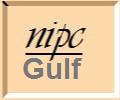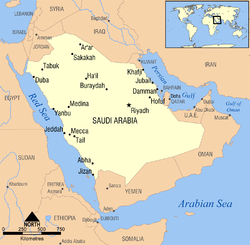A "without notice" order is an order that has been made in the absence of the person against whom it is made ("the respondent"). Such orders are made either because a matter is so urgent that the person seeking the order ("the applicant") has insufficient time to serve the respondent or because there is a danger that the respondent will frustrate justice by for example hiding or destroying evidence or removing from the court's reach or dissipating assets that could otherwise have been used to satisfy a judgment if he or she learns about them. A "search order" is a "without notice" order "requiring a party to admit another party to premises for the purpose of preserving evidence" (RDC 2011 25.1 (8)). A model search order is at Schedule B to RDC 2011 Part 25. A "freezing order" is a "without notice" order
"(a) restraining a party from removing from the jurisdiction assets located there; orA model of such an order is at Schedule A. The rules and practice relating to without notice orders set out in RDCC 2011 Part 25 are based on the provisions of Part 25 of the English Civil Procedure Rules and the Part 25A Practice Direction. The model orders in Sched A and B are adapted from the model orders in the Annex to PD25A.
(b) restraining a party from dealing with any assets whether located within the jurisdiction or not."
A search order and freezing order were made by Sir John Chadwick in GFH Capital Ltd v Haigh on 3 June 2014 and sealed on the 12th. The parties were due to return to court on the 17th June 2014 ("the return day"). I have not yet been able to ascertain what happened on the return day.
To be served with one of those orders - particularly a "search order" - is an alarming experience and one that is likely to unsettle respondents. Yet respondents have to make important decisions within a very short time. To assist parties who have been served with such orders in England I have written a step by step guide on
"What to do if you are served with a Freezing Injunction or Search Order" (20 July 2014 JD Supra). Most of the advice set out in the guide applies to Dubai as it does to England. However, legal advice and representation should be sought from one of the law firms in Part I of the Register of Practitioners of the DIFC Courts.
Should anybody wish to discuss this article or any other topic he or she can contact me on +44 (0)20 7404 5252 during normal business hours or send me a message through my contact form. He or she can also send me a tweet, write on my wall or contact me through G+, Linkedin or Xing.

